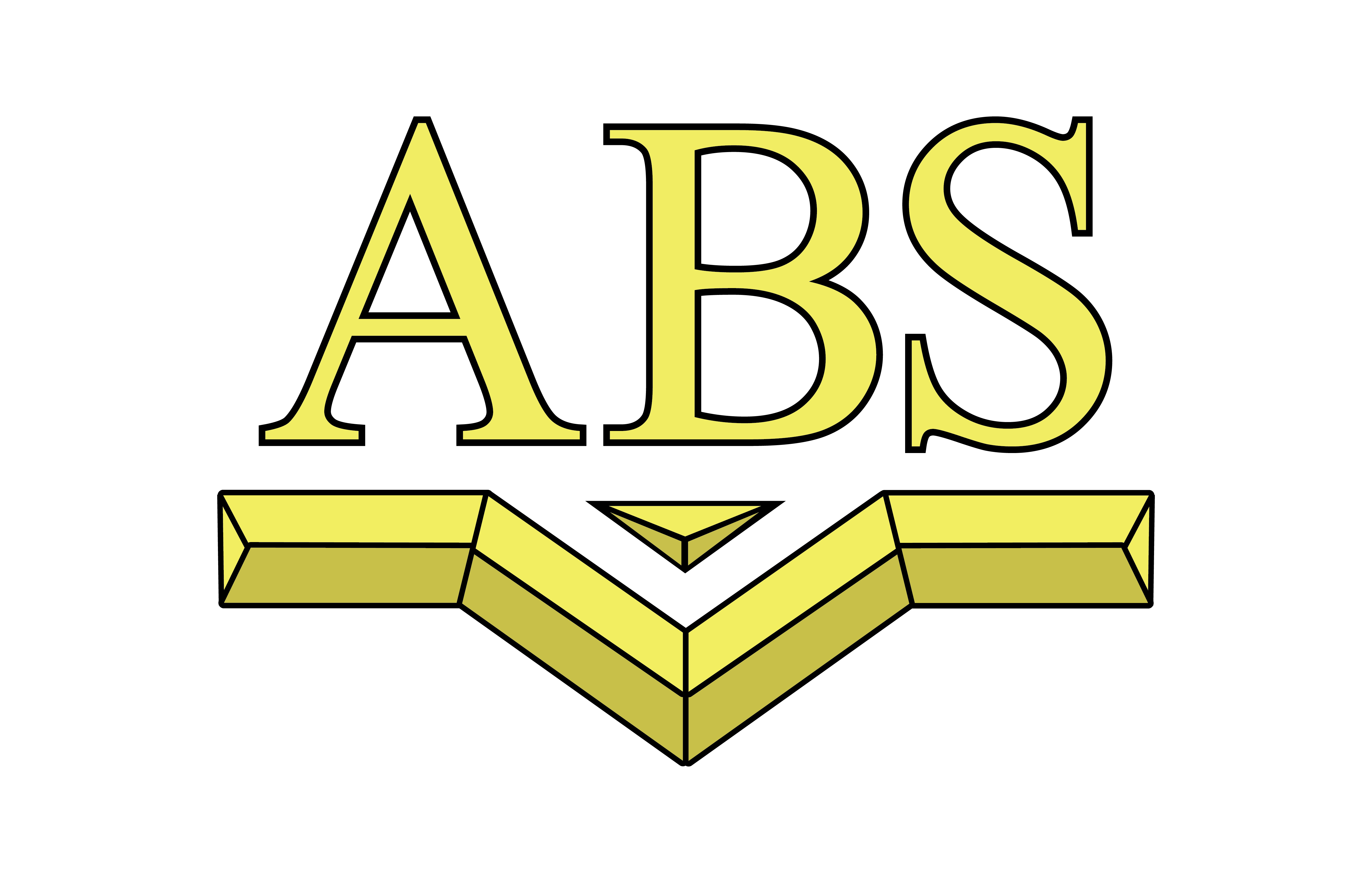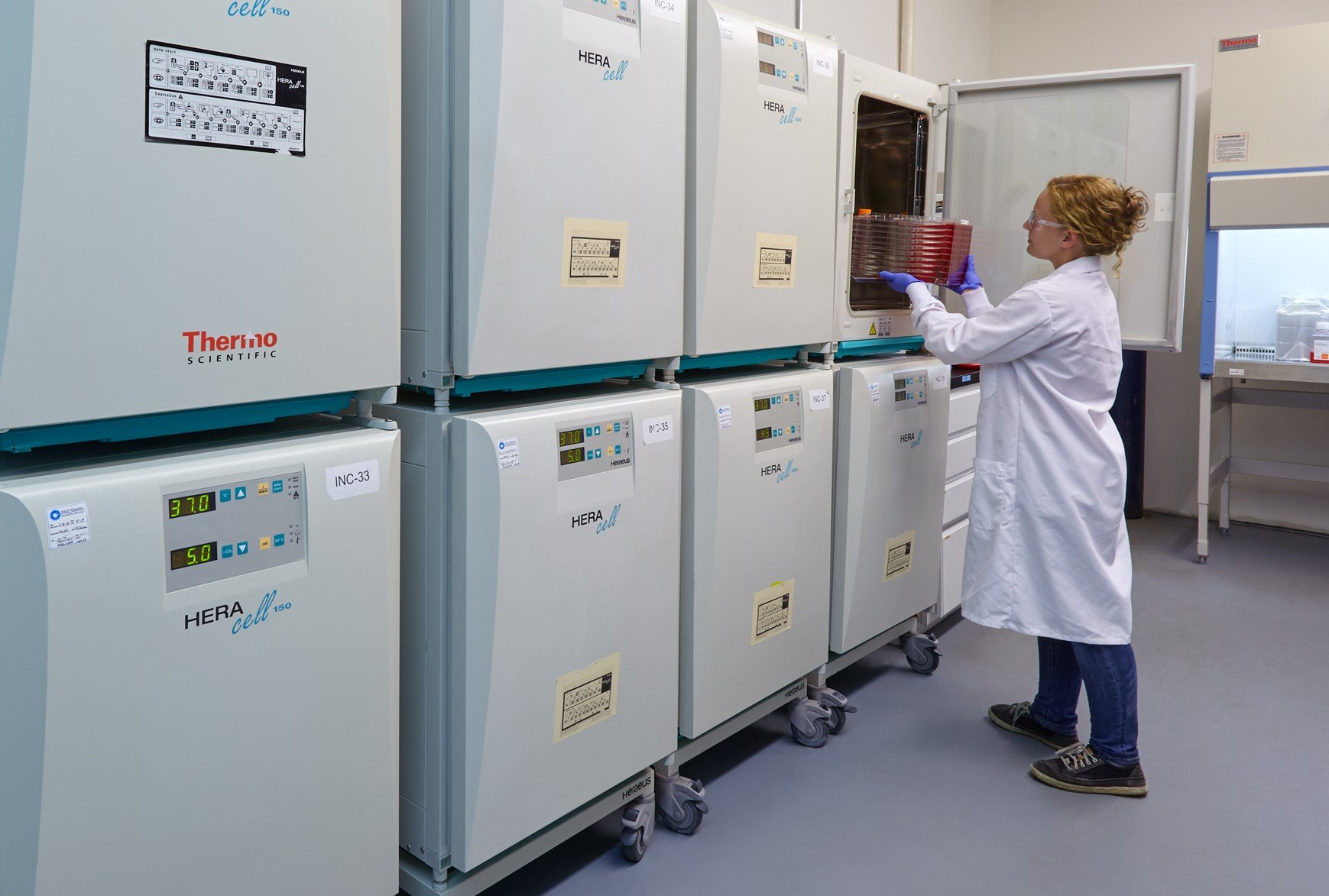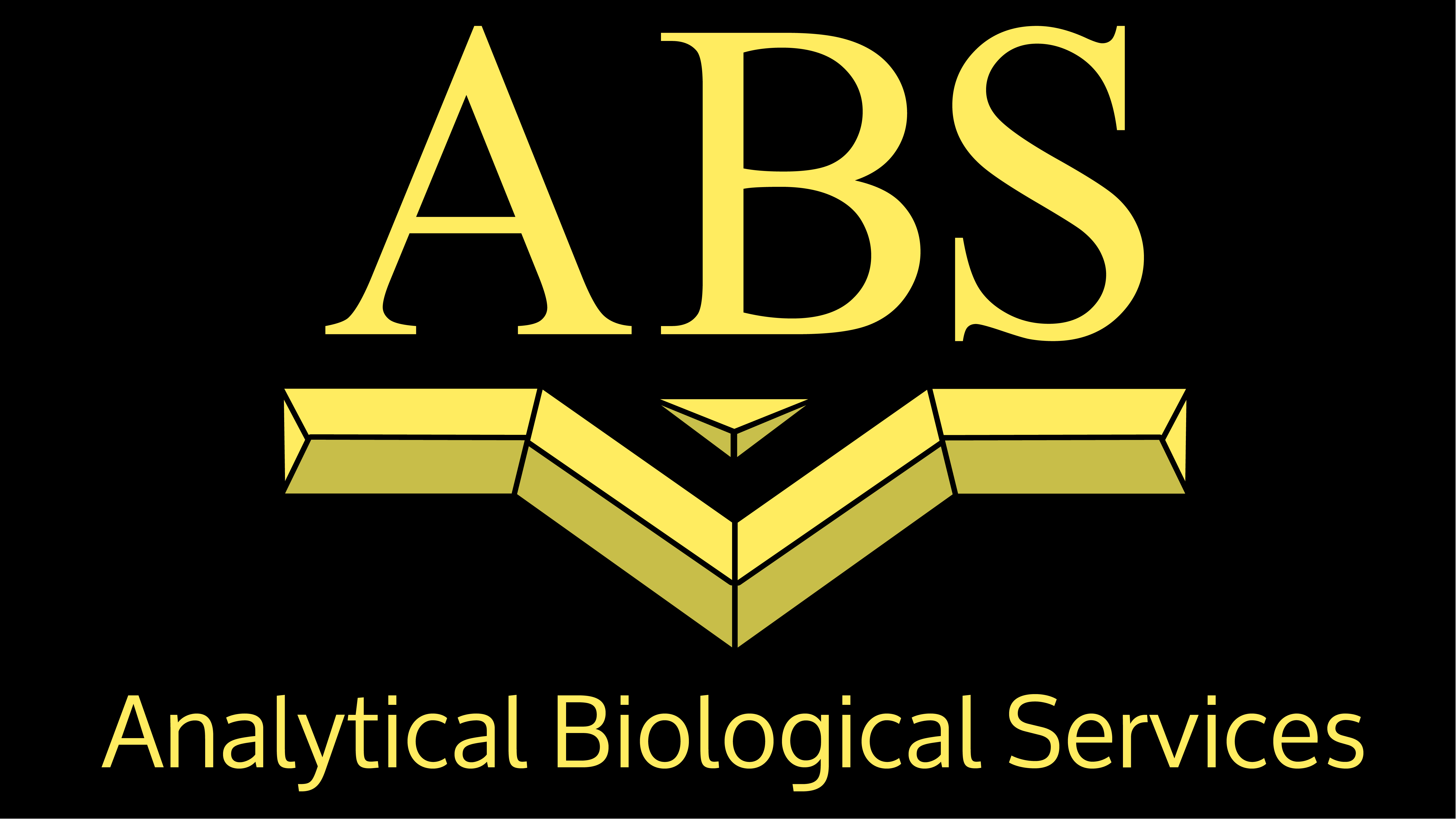I am going a bit out on a limb here and tackle a somewhat different topic than usual because we should be prepared for what may come. Right now, our industry is doing very well. We are coming off successes with the COVID vaccines, and there are major new discoveries in many areas. Employment is at an all-time high. However, there are headwinds ahead. Inflation rates are high. This erodes buying power for individuals and corporations. Central banks are raising interest rates to control inflation. Historically, such increases have often led to recession. In addition, political pressures are pushing to lower drug costs. Whatever side of the debate you are on with respect to this issue, lower revenues could impact future R&D.














